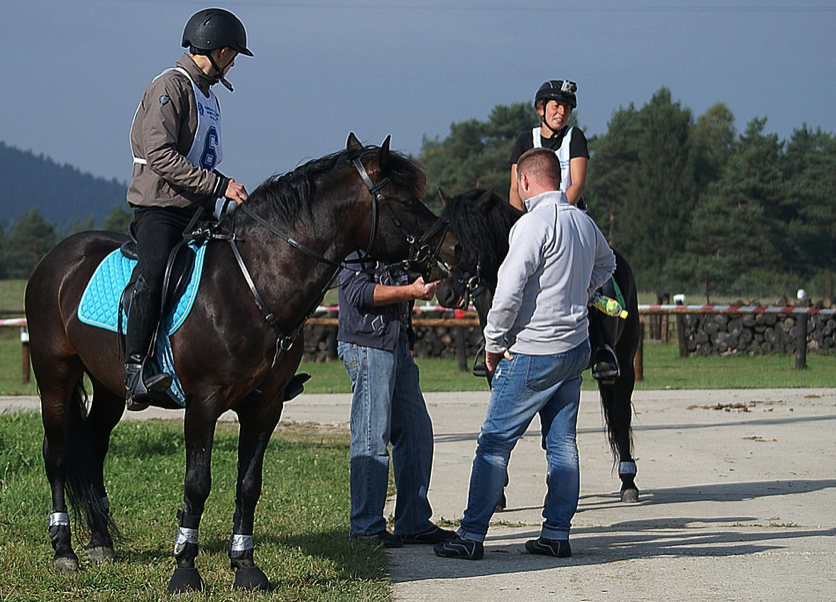The survey, which saw 1,000 CEOs contacted, identified soft skills as expertise in areas like communication, leadership, cultural sensitivity and relationship or team building.
Having what our parents used to call “social graces” is important to function politely in any social situation, but their growing importance in the workplace is fueled by three key developments.
- The first is a flatter workplace. Layers of middle managers disappeared during the lean years and were never replaced. That means there are fewer mentors from whom new workers can learn how to build and interact with teams and how to grow loyalty.
- With less managers there is a tendency for higher turnovers among workers. A new survey by Payscale shows turnover averaging about a year in mega-corporations like Amazon, Google and AFLAC. Higher turnover means less opportunities to build relationships and grow team dynamics.
- Globalization and remote locations tend to ignore soft skill development. It is a clear case of out of sight, out of mind for millions of employees who work for corporations in remote locations, and never actually meet a manager in person. Yet, for those managers who must handle workers scattered all over the globe, performing amazing soft skills is vital if they are to cement relationships and build loyalty by phone, Skype and emails.
Despite these changes in developing soft skills, the need for them to help drive positive business results is paramount, and fuels an increase in training contracts.
We are now paying the price for an over-focus on knowledge and experience and a lack of attention to soft skills that help employees “fit” into their roles in corporations.
Having hard skills while ignoring soft skills is like buying a new, expertly designed racecar and not putting any fuel in it. Until you gas it up, it just will not go where you want it to.
Equine training, where horses help corporate teams learn how to develop their soft skills and work better together as a unit, are proving to be highly effective in closing this gap.
Our programs are not about riding. In fact, we discovered that you can learn a great deal just by working with your horse on the ground.
The biggest thing you learn from each other is how to overcome fears, gain confidence, and trust each other. Both the student and the horse prefer to approach their relationship this way, and it makes sense.
Students quickly learn they cannot mask their true emotions and “pretend” to be comfortable with the horse. The horse penetrates the mask, and sees clearly that something is not right. The horse does not interpret whether your emotion is aggression or fear; they just sense your energy out of balance, and respond by getting out of your way.
We learn that when we are not polite, when we do not communicate well, and when we summon our anger and aggression, it is because we expanded our experience past our knowledge, and we do not know what to do next.
The horse senses you are on the edge and responds accordingly.
In the same lessons, as the client hones their soft skills, and reacts more appropriately with the horse, they will be amazed to see how quickly the horse can achieve a state of calm when the source of their agitation passes.
The horse can be alert to many possible dangers, but still calm in the moment. In the present moment, they restore harmony to their world just as the development of soft skills helps the student restore it in theirs.
To watch how horses use soft skills to interact with each other, watch this Horse Dream video called “Body Language, Part One.”
HorseDream Canada, founded by Susan Wilson, provides high impact, quality leadership and team development experiences for individuals, teams, leaders and companies. It is part of an internationally renowned Horse Assisted Education Program providing transformative learning experiences around the world. HorseDream Canada is a division of I DO BUSINESS. Inc., a social purpose business. For more information, contact us at [email protected]. Watch for our new book, Leadership 93/7 coming soon!


 RSS Feed
RSS Feed

